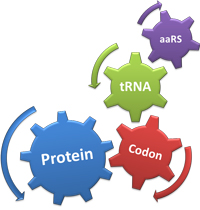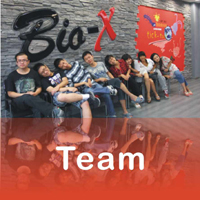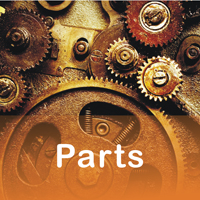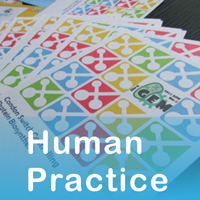Team:SJTU-BioX-Shanghai
From 2011.igem.org
| Line 33: | Line 33: | ||
| - | <img src="/wiki/images/e/e2/11SJTU_home_fig1.jpg" alt="Project" style="float:right;"/ | + | <img src="/wiki/images/e/e2/11SJTU_home_fig1.jpg" alt="Project" style="float:right;"/> |
<p>Our design has expanded the regulating tools for synthetic biology, introduced a brand-new way to incorporate point mutation into protein and study the important domains of a protein. See more about project applications, click <a href="/Team:SJTU-BioX-Shanghai/Project/Application">here</a>.</p> | <p>Our design has expanded the regulating tools for synthetic biology, introduced a brand-new way to incorporate point mutation into protein and study the important domains of a protein. See more about project applications, click <a href="/Team:SJTU-BioX-Shanghai/Project/Application">here</a>.</p> | ||
Revision as of 04:08, 5 October 2011
SJTU-BioX-Shanghai iGEM team is designing a set of Codon-Switches that regulate target protein biosynthesis (translation).
In our Rare-Codon Switch, the translation of the protein can be finely turned up/down with the control of the number of rare codons (Reporter) and the different strength of tRNA induction (Modulator).
Besides, our device can be made into switches that can be turned on/off without background noise in two ways. One is to use stop codon as the controlling element, the Stop-Codon Switch. The other is to use any codon but the original start codon to initiate translation, the Initial-Codon Switch.

Our design has expanded the regulating tools for synthetic biology, introduced a brand-new way to incorporate point mutation into protein and study the important domains of a protein. See more about project applications, click here.
 "
"


